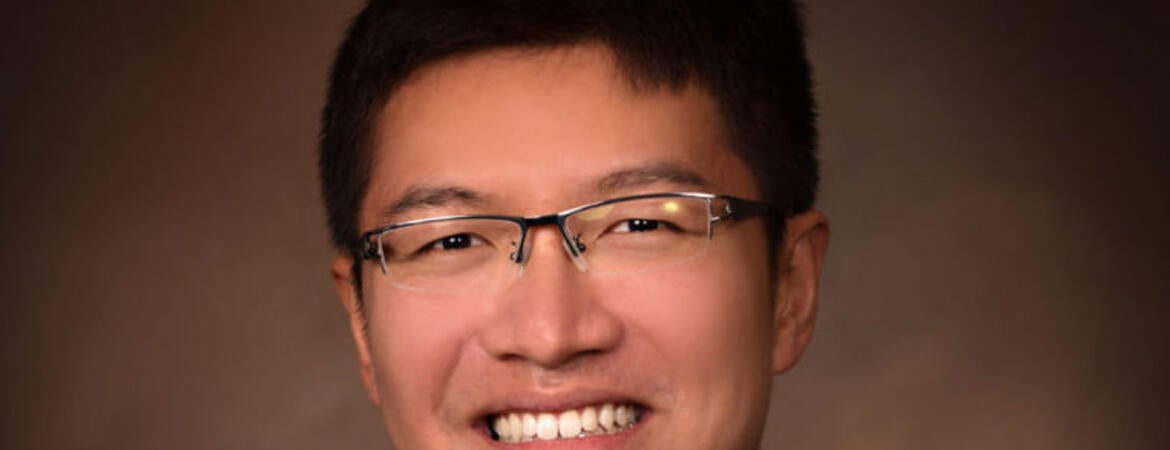
Title: Addressing unmet clinical needs with 3D printed
electronics and ingestible systems
THURSDAY, NOVEMBER 10, 2022 11:00 AM - 12:00 PM
Abstract: The integration of electronics with medical devices can enable advanced sensing, actuation, and adaptive capability. Indeed, advancement in bioelectronics has significantly improved our ability to diagnose, treat and prevent diseases as well as introduced novel strategies to partially restore and even augment some of the complex functionalities of the human body. Yet, at the fundamental level, such integration remains challenging due to the inherent geometrical, mechanical, and material dichotomies between conventional manufactured electronics and three-dimensional systems. My research develops electronics freeform fabrication strategies that are fundamentally free from the constraints of the conventional manufacturing approach, enabling the creation of devices with an unprecedented level of functional
integration. For example, we demonstrated the ability to seamlessly incorporate active electronics with a three dimensional construct by achieving multiscale control of nanomaterials assembly with soft matter physics phenomena. Further, we show the ability to selectively anneal nanomaterials, enabling local programming of electronics and mechanical properties on a temperature-sensitive multi-materials construct. Finally, we explore the integration of freeform electronics with digitally designed architecture to realize novel digital-based diagnosis and treatment strategies. For example, we designed ingestible gastric resident electronics systems capable of leveraging the significant space and immune-tolerant environment available within the gastrointestinal tract to circumvent the potential complications associated with surgically placed medical implants. Ultimately, we strive to overcome challenges associated with the conventional manufacturing approach, creating fundamentally new classes of bioelectronics to address unmet clinical and societal needs.